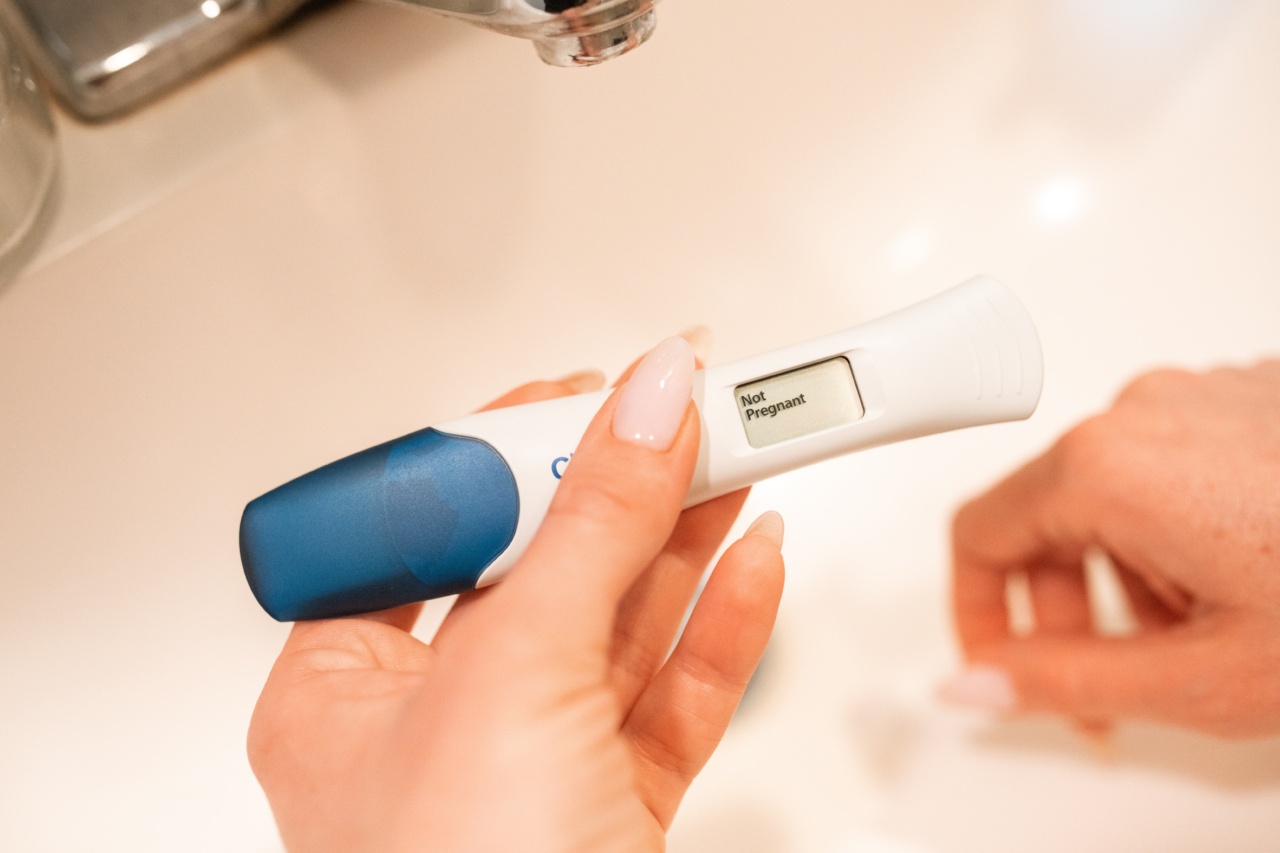Allergies are common and can affect a significant proportion of the population. Allergies occur when the immune system overreacts to a typically harmless substance in the environment, such as pollen or certain foods.
While allergies are typically associated with sneezing, runny nose, and other respiratory symptoms, recent studies have shown that allergies may also lead to higher blood pressure.
What is blood pressure?
Blood pressure is the force that blood exerts against the walls of the blood vessels as it flows through the body.
It is measured in millimeters of mercury (mmHg) and is expressed as two numbers: systolic pressure (the top number) and diastolic pressure (the bottom number).
A normal blood pressure reading is considered to be around 120/80 mmHg. However, blood pressure can vary throughout the day and may be influenced by a variety of factors, such as stress, diet, and physical activity.
The link between allergies and higher blood pressure
Recent studies have found a link between allergies and higher blood pressure. One study conducted by researchers at the University of Wisconsin-Madison found that people with allergies had higher blood pressure than those without allergies.
The study looked at data from over 1,500 adults and found that those with allergies had an average systolic blood pressure that was 3.34 mmHg higher than those without allergies.
The study also found that people with allergies who took antihistamines to relieve their symptoms had lower blood pressure than those who did not take antihistamines.
This suggests that the link between allergies and blood pressure may be caused by inflammation, which can be reduced by taking antihistamines.
Another study published in the Journal of Hypertension found that people with allergic rhinitis (hay fever) had higher blood pressure than those without hay fever.
The study looked at data from over 10,000 adults and found that those with hay fever had an average systolic blood pressure that was 1.76 mmHg higher than those without hay fever.
The exact mechanisms behind the link between allergies and higher blood pressure are not yet fully understood.
One theory is that inflammation caused by allergies can lead to the release of certain hormones, such as cortisol and adrenaline, which can increase blood pressure.
Other health risks associated with allergies
High blood pressure is not the only health risk associated with allergies. Other studies have found a link between allergies and a higher risk of cardiovascular disease, including heart attack and stroke.
One study published in the Journal of Allergy and Clinical Immunology found that people with allergies had a 44% higher risk of developing coronary artery disease than those without allergies.
Allergies have also been linked to an increased risk of sleep apnea, a condition in which a person’s breathing repeatedly stops and starts during sleep.
One study published in the Journal of Allergy and Clinical Immunology found that people with allergic rhinitis had a 2.6 times higher risk of developing sleep apnea than those without allergic rhinitis.
Reducing the risk of health problems associated with allergies
While allergies can lead to a range of health problems, there are steps that can be taken to reduce the risk of these problems. One of the most effective ways to reduce the risk of allergies is to avoid the allergen that triggers the reaction.
For example, if a person has a pollen allergy, they may need to avoid spending time outside during peak pollen season.
In addition to avoiding allergens, there are also a number of medications that can be used to relieve allergy symptoms. Antihistamines, for example, can help to reduce inflammation and relieve symptoms such as sneezing and runny nose.
For people with severe allergies, allergen immunotherapy may be recommended. This involves regular injections of small amounts of the allergen over a period of several years.
Over time, the body may become less sensitive to the allergen, reducing the intensity of the allergic reaction.
Conclusion
Allergies are a common health problem that can lead to a range of symptoms, including sneezing, runny nose, and itchy eyes.
However, recent studies have shown that allergies may also lead to higher blood pressure and an increased risk of cardiovascular disease. By avoiding allergens and using medication to relieve symptoms, it may be possible to reduce the risk of health problems associated with allergies.




























